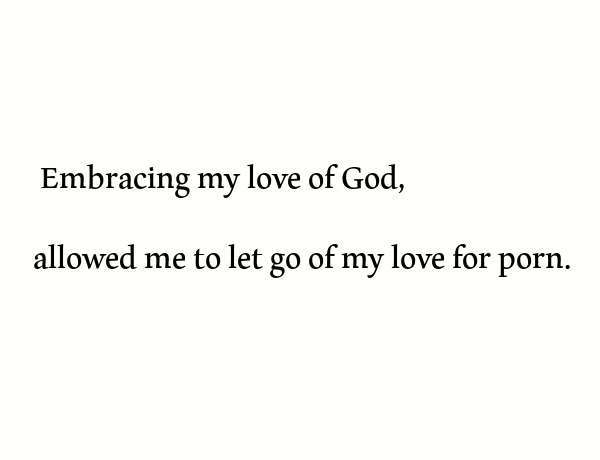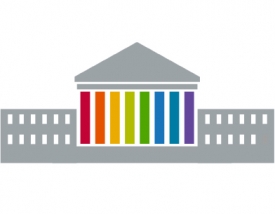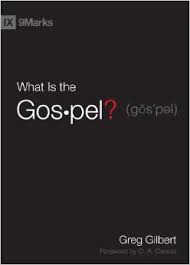Community and Counseling
Our culture has flipped the purpose of community and counselor’s on their head. Today, it is expected that when you visit a counselor, you should be able to expect some level of healing, if not complete restoration. While our culture teaches us that community should be a place where you get a little help here and there with practical things like moving. But Christ sets things right-side up again. He points out that the body is meant to be the support system and the counselor a small part in healing.
Romans 12:4-6: “For as in one body we have many members, and the members do not all have the same function, so we, though many, are one body in Christ, and individually members one of another. Having gifts that differ according to the grace given to us, let us use them…”
When the body feels a “pain” or is sick, the counselor helps direct the body in healing itself by giving a blueprint for healing. That’s his gift, connecting people to the Creator’s plan for healing. Each of the roles serve a purpose, but together as a whole community, a person finds healing.
In counseling, a person is looking for healing and restoration. They go to the counselor, mistakenly expecting the counselor to provide that healing. The counselor then has to point them to Christ to find healing. Scripture shows us that Christ reveals himself in community. If we want to see the healer of all wounds, we have to meet him where he reveals himself to be.
Hebrews 10:24 “And let us consider how to stir up one another to love and good works, not neglecting to meet together, as is the habit of some but encouraging one another, and all the more as you see the Day drawing near.”
Matthew 18:20 “For where two or three are gathered in my name, there am I among them.”
A Healing Community
Being gathered in Christ’s name is the key to a healing community. However, just going to church and sitting in a seat listening to a sermon and some songs and then going home is not what meeting in His name means. Being gathered in Christ’s name means making an effort to represent Christ. When the body is focused on representing Christ, healing comes naturally.
A pastor I’m close to recently said, “Sunday mornings just aren’t enough.” Sunday mornings are a great START to being a community. It gives us an opportunity to reorient our hearts to focus on Christ. But it’s not enough. We need to be in regular community throughout the week with people who are meeting in Christ’s name.
Are you hurting? Is there pain in your life? Then seek out a counselor or pastor, but don’t neglect finding a community of Christ-followers who meet in His name. Don’t cut yourself off from the body that will be where you find the most healing.
Travis Stockton is a counselor with Lafayette Community Church in Lafayette Indiana. He graduated from Grace College Magna Cum Laude with a B.A. in Counseling and Bible and obtained his M.A. in Pastoral Counseling from Liberty University. He is married to a woman full of grace and the father of two children.









